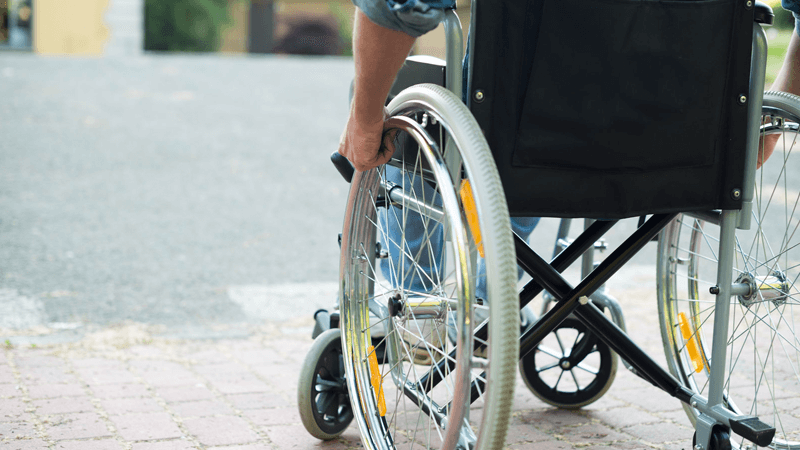A newspaper columnist has sounded the alarm on behalf of disabled people over the renewed assault on end-of-life protections.
James Moore, who writes for The Independent and is disabled himself, voiced his concerns ahead of this week’s British Medical Association (BMA) decision to end its opposition to assisted suicide.
A House of Lords’ debate on Baroness Meacher’s assisted suicide Bill is scheduled to take place on 22 October.
Debate
Moore challenged the British Medical Journal (BMJ) over an editorial headlined: ‘Assisted dying: a question of when, not if’ for implying the “debate is done”.
He also slammed an article by assisted suicide activist Dr Stephen Duckworth who claimed disabled people had nothing to fear from the removal of end-of-life protections.
Moore said it was “quite wrong of Mr Duckworth to say disabled people have nothing to fear”, not least because of “the scandalous way do not resuscitate orders” had been applied to disabled patients with Covid.
Lady Campbell
Moore quoted at length the words of disabled Peer Baroness Jane Campbell, addressed to BMJ readers in 2019, who observed: “not a single organisation of, or for, disabled people, or one representing people with long term health conditions has campaigned for assisted dying to be legalised”.
She also said: “It is hard to be positive as a disabled person, especially when the media is full of stories of abuse, neglect, cut-backs, and overstretched resources. Even when medical and social care are at their best, our fear of the future remains.
“Given this context, it is unsurprising that some patients develop suicidal thoughts, which perhaps will be endorsed by family, friends, and members of the medical team.
“A change in the law would thus permit the focus to switch from preserving life to ending life.”
Dangerous
The columnist warned that after lethal drugs had been administered under a new assisted suicide law it would be “too late for a medical innovation, or a favourable benefits tribunal ruling, or for a family member to step up and say, ‘This is wrong, I’m going to care for my relative and improve their situation’”.
He added: “This explains why the procedure is so dangerous, regardless of any safeguards that may be proposed, which would inevitably be subject to change.”
Under the current law in England, Wales and Northern Ireland, a person who intentionally encourages or assists the suicide or attempted suicide of another person commits an offence which carries a maximum prison sentence of 14 years.
Protections preserved
In 2015, a Bill to remove current protections in England and Wales was soundly defeated in the House of Commons by 330 votes to 118.
In the same year, MSPs in the Scottish Parliament rejected Patrick Harvie’s Assisted Suicide (Scotland) Bill by 82 votes to 36.
Medics told: You can’t be neutral on suicide and ‘do no harm’
Paralympian Peer: ‘Writing on wall for disabled people in assisted suicide Bill’
Disabled Peer speaks out against new attempt to legalise assisted suicide


